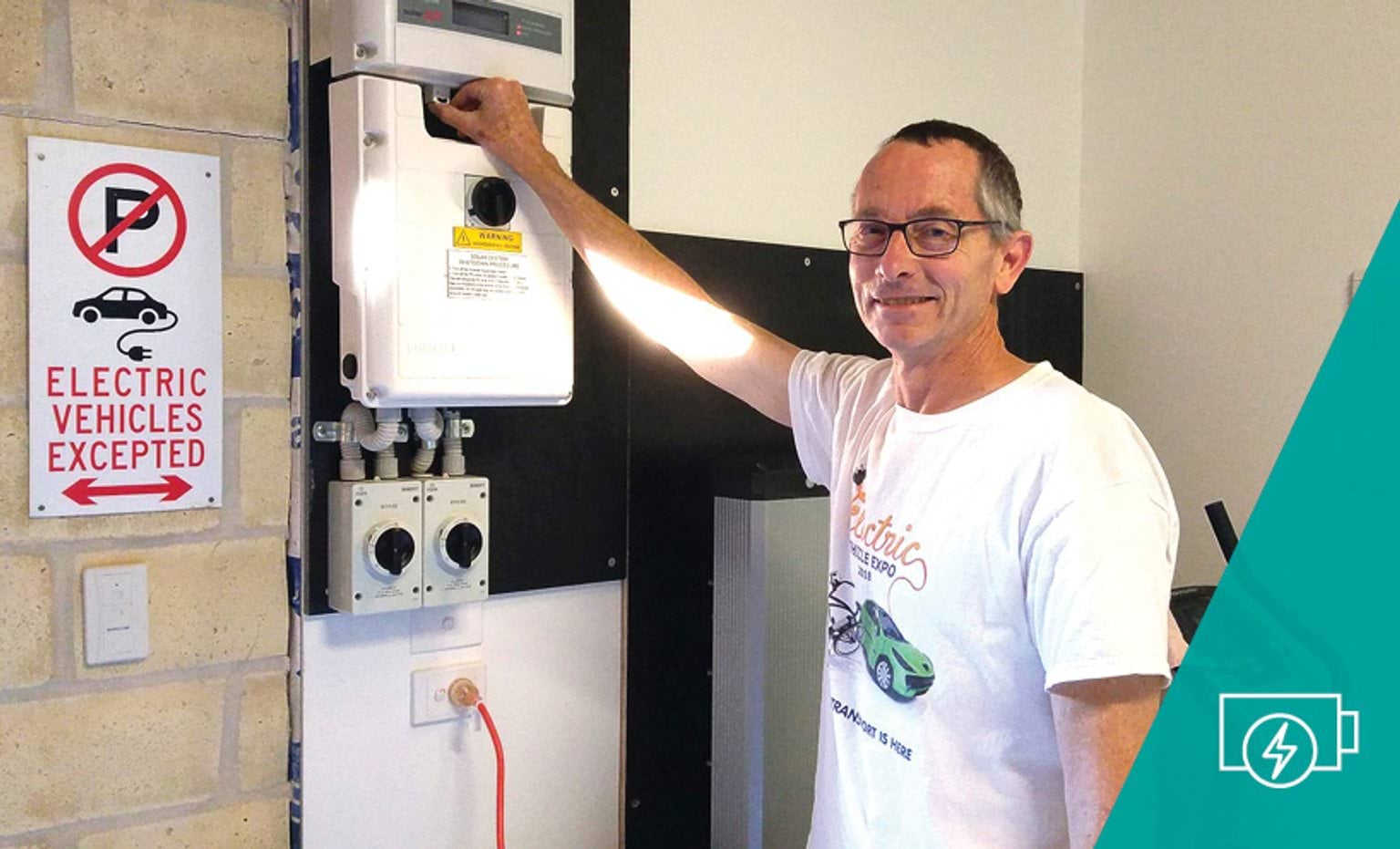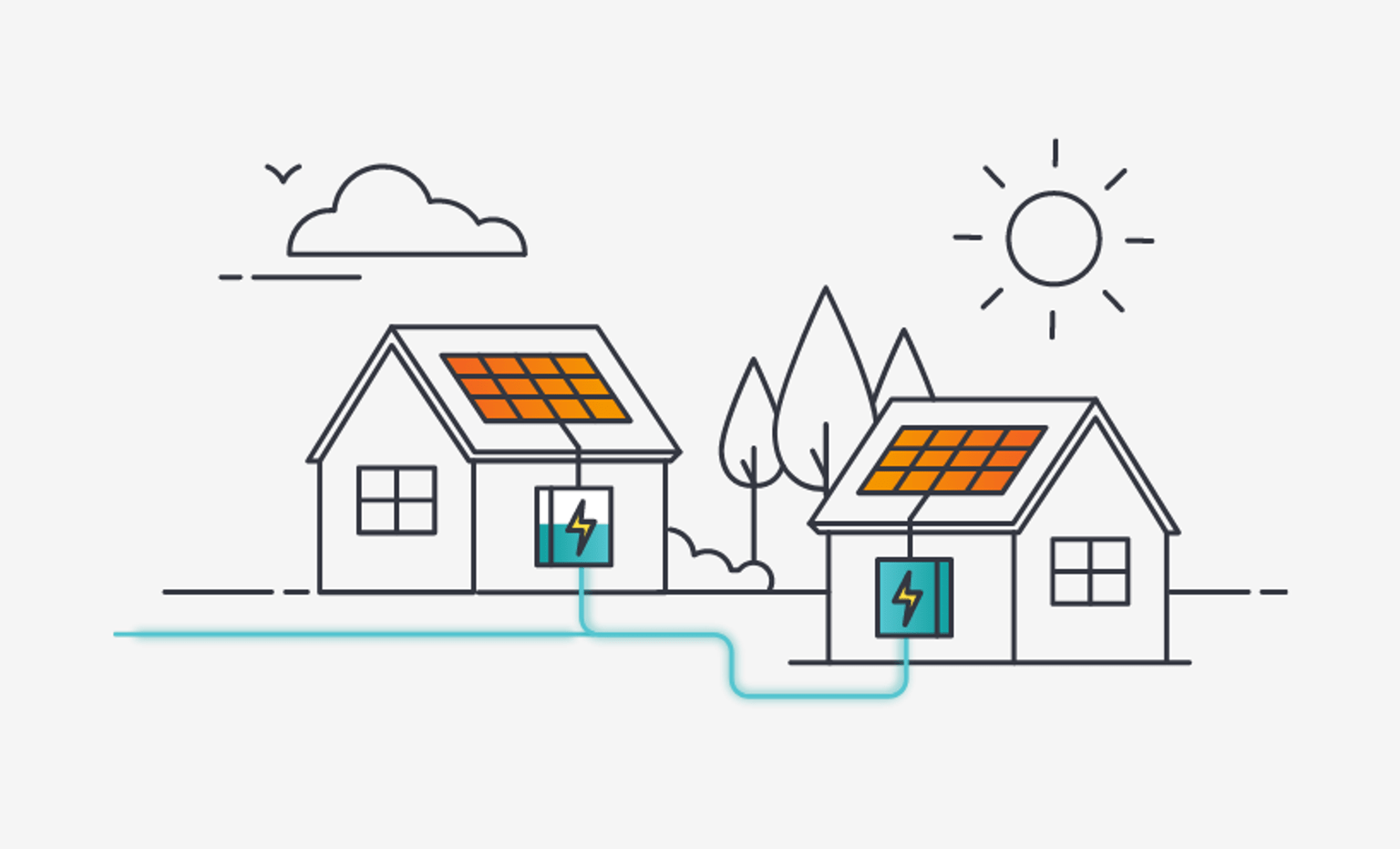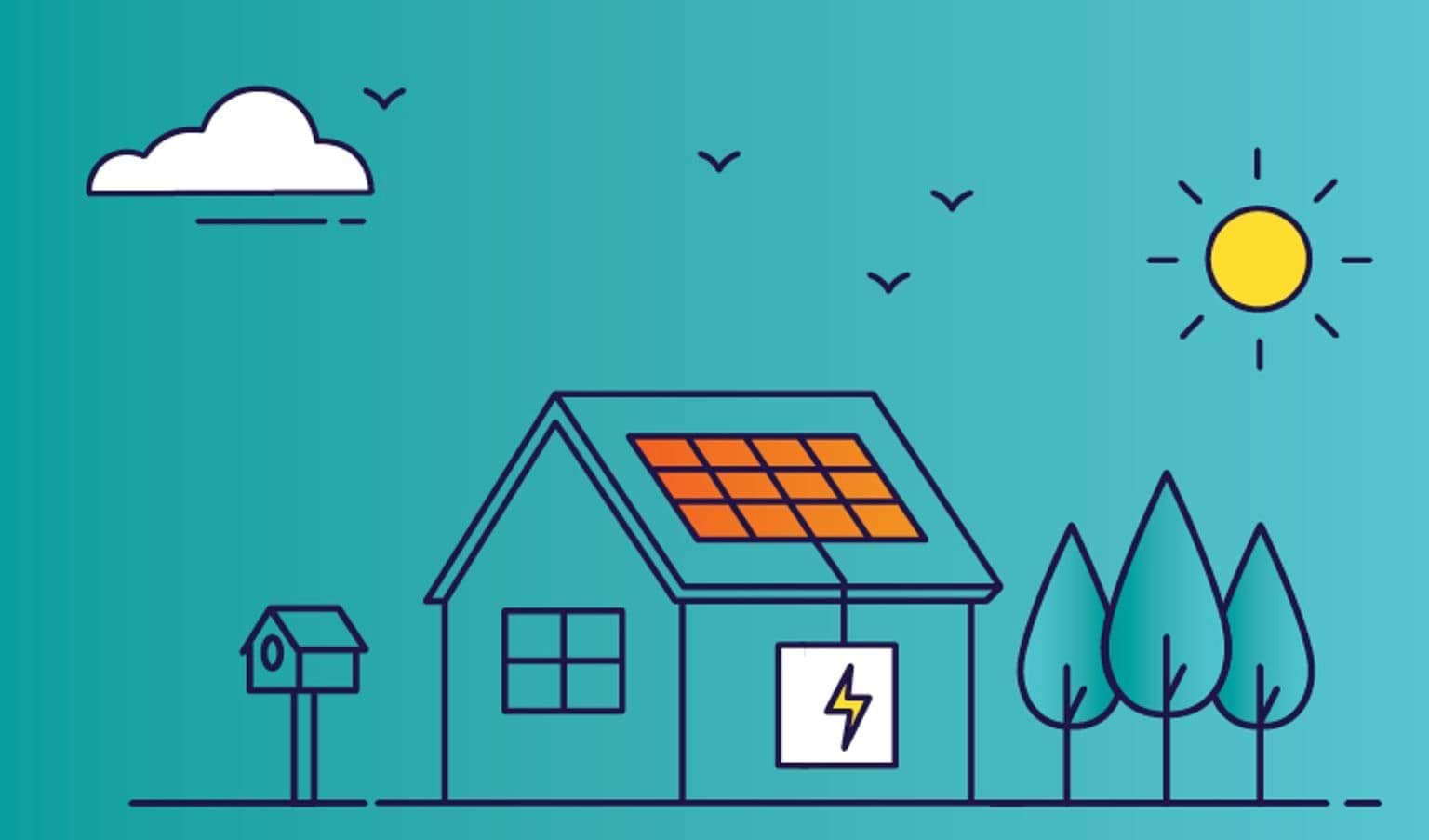While a solar battery will give you more control over the clean energy you generate, you should also look at how you use power in your home when considering one.
A household with moderate energy usage that invests in solar panel (PV) and a mid-sized battery (around 10kW) can expect to save on average over $1,400 per year, and receive a return on investment over 10 years.
Before contacting a retailer about installing a solar battery, you should first consider the following questions.
How does a solar battery work?
How do you use energy in your home?
Do you use energy during the day or does your peak usage happen in the morning before you leave for work and again in the evening when you get home? It is worth considering your own energy usage patterns to determine if a battery can benefit your home. You should also consider your future needs.
Ideally, you would be able to use the energy generated by your system in real time throughout the day. Consuming the power generated by rooftop PV is the best way to save on energy bills.
That said, peak solar generation occurs during the day when many of us are at work, school or out and about. Peak energy usage often comes in the late afternoon or evening (especially in summer) when solar PV is not generating. Timers can help with scheduling the use of appliances during these times, however that is not an option for all households or all appliances.
Batteries give households the option to store the energy generated throughout the day for use in the evenings. Not only does this increase self-consumption, it reduces energy bills as you will be drawing less power from the grid (often during peak tariff times).
Consuming what you create will optimise your savings, however if your system is not producing enough to fully charge your battery each day you also have the option of charging your battery from the grid at a time of the day that aligns with your off-peak energy tariffs. This means you can charge your battery when your rate is the cheapest and use the power in your battery at times of the day when your grid charges may be higher.
Your battery retailer can talk with you about configuring your system to optimise your usage. You should also discuss whether you want the battery to operate in “standalone” mode when you are disconnected from the grid for whatever reason and whether any additional wiring or electrical works may be required.
What system size should you choose?
Choosing the right battery size for your needs will mostly depend on the size of your solar electricity system, how much energy you typically consume overnight and whether you want backup during a power outage. You may also wish to prepare for future energy usage if you are considering purchasing an electric vehicle or upgrading your gas appliances to electric.
To save the most on electricity bills it is generally best to buy a battery that you will regularly charge and discharge to the recommended level. You want to be able to store any excess solar electricity generated each day and ensure that the majority of that stored energy is used later on.
At the same time, it is wise not to overuse a battery, for example by fully charging and discharging two or three times a day. Doing this might shorten its lifespan.
You can usually set this up in an Energy Management System or similar app that helps to optimise the system.
You should also consider any changes you might want to make further down the track, such as switching from gas hot water to an electric heat pump or adding more PV panels to cover the needs of a growing household.
The best way to choose the right battery for your needs and budget is to get an independent assessment from an energy expert, accredited installer or authorised retailer.

Battery storage: what you need to know
Not all solar PV owners are ready to install a solar battery. Knowing why you want a battery can help you work out the right battery type and size for your home.
What is the installation cost vs expected savings?
Solar battery prices vary depending on the size, quality, and installation location. You can expect to pay approximately $1,500 per kilowatt hour (kWh).
Based on this calculation, a smaller 6kWh battery would cost you approximately $9,000 ($1,500 x 6 = $9,000). The larger the battery, the higher the purchase cost.
If your main reason for installing a battery is to lower your energy costs, we strongly recommend that you get at least three quotes of roughly the same system size and functionality.
Make sure the installer is an A Grade electrician, holds accreditation with battery endorsement, and that the company is a Solar Victoria Authorised Solar Retailer.
What else should you consider?
Updated




